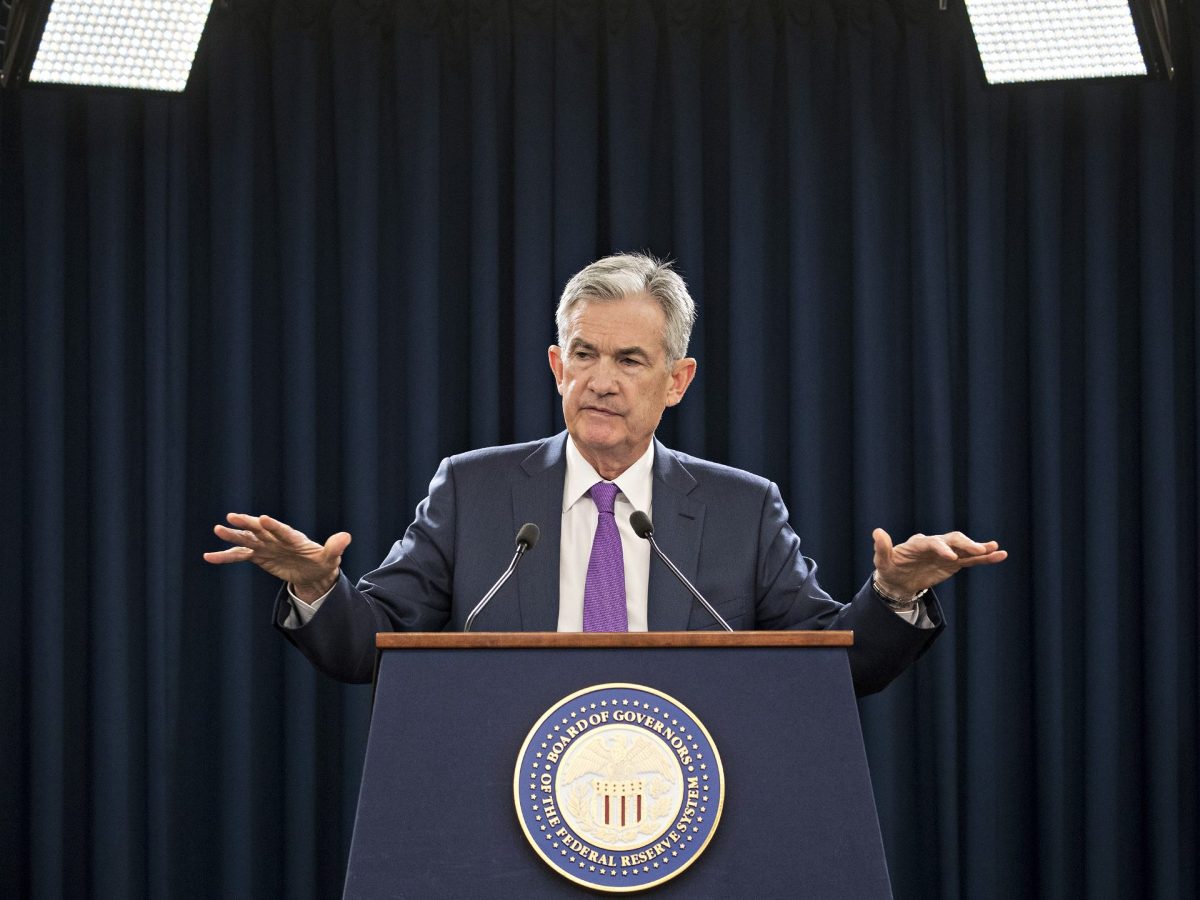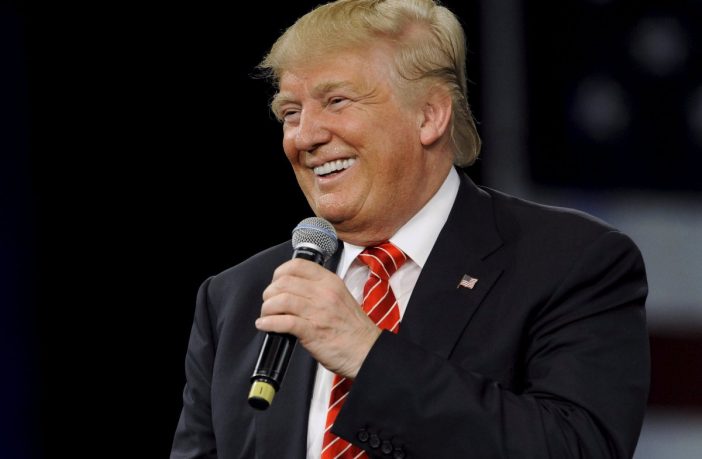Head of the U.S. Federal Reserve vs. President: who should win?
Donald Trump is up to his old tricks again. Consistent criticism by U.S. Federal Reserve President Jerome Powell may lead to the latter’s resignation. It is reported that the guarantor is dissatisfied with the raising of the base rate, as it deprives the country’s economy of competitive advantages and reduces the capitalization of major corporations in America. At the same time, Mr. Powell is a specialist appointed by Trump, who continued the course of his predecessor, Janet Yellen, to tighten monetary policy.
Why the President is criticizing the head of the U.S. Federal Reserve and what this might mean
In 2018, Donald Trump had at least four tough conversations with the head of the Federal Reserve System. Criticism reached its peak in the last months of last year, when monetary conditions returned to 2008 (2.25-2.50% per annum). In December, there were reports that the U.S. President planned to fire Jerome Powell. Unconfirmed information, however, slightly shaken the market, although everyone understood that it was almost impossible to legally remove the head of the US Federal Reserve in a short time. Over time, Trump’s words were refuted.
Such a public censure of one of the chief officials could play a bad trick on the President of the state. At the very least, it is fraught with creating a negative public opinion of the department’s policies, which eventually leads to a decrease in international investors’ confidence in him.
Why Trump will not succeed in removing the head of the US Federal Reserve
No matter how hard the US President tries to influence the work of the body, he has to be independent. History also shows that the unpopular, from the point of view of the guarantor, actions of the Fed eventually saved the country from crisis.
For example, in the mid-20th century, the Reserve System was repeatedly criticized by the country’s leaders. However, the current increase in base rates was also carried out back then, which helped to keep inflation in the U.S. and prevented the states from sliding into a financial hole after the wars in Korea and Vietnam.

Another clear example of the right actions of the Fed’s leaders occurred in 1979. The appointed Paul Volcker also decided to raise the stakes sharply and met with equally strong resistance from then President Jimmy Carter. However, due to Volcker’s work, inflation in America fell almost four times in 8 years – from 11.22% to 3.66%, the economy came out of the crisis and unemployment fell by several times. Also thanks to the policy of the head of the U.S. Federal Reserve since the late 1980s, the world’s central banks have had more freedom in shaping monetary policy. These changes can be considered evolutionary, as they have led to the development of important geopolitical processes and political impartiality in strategic decision-making by national financial regulators.
Obviously, the actions of the heads of global central banks have a tangible impact on global capital. The independence of such bodies creates the necessary degree of objectivity for the vector of investment flows and allows avoiding not always justified pressure from the presidents of countries.




